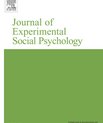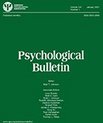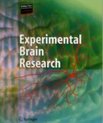Duration of motherhood has incremental effects on mothers’ neural processing of infant vocal cues: a neuroimaging study of women
New article published in Nature Scientific Reports

Abstract:
The transition to motherhood, and the resultant experience of caregiving, may change the way women respond to affective, infant signals in their environments. Nonhuman animal studies have robustly demonstrated that mothers process both infant and other salient signals differently from nonmothers. Here, we investigated how women with and without young infants respond to vocalisations from infants and adults (both crying and neutral). We examined mothers with infants ranging in age (1–14 months) to examine the effects of duration of maternal experience. Using functional magnetic resonance imaging, we found that mothers showed greater activity than nonmothers to vocalisations from adults or infants in a range of cortical regions implicated in the processing of affective auditory cues. This main effect of maternal status suggests a general difference in vocalisation processing across infant and adult sounds. We found that a longer duration of motherhood, and therefore more experience with an infant, was associated with greater infant-specific activity in key parental brain regions, including the orbitofrontal cortex and amygdala. We suggest that these incremental differences in neural activity in the maternal brain reflect the building of parental capacity over time. This is consistent with conceptualizations of caregiving as a dynamic, learning process in humans.
Christine E. Parsons, Katherine S. Young, Mikkel V. Petersen, Else-Marie Jegindoe Elmholdt, Peter Vuust, Alan Stein & Morten L. Kringelbach (2017): Duration of motherhood has incremental effects on mothers’ neural processing of infant vocal cues: a neuroimaging study of women, Scientific Reports 7, article number: 1727.
Link to the article here
Contact:
Associate Professor Christine Parsons, Dept. of Clinical Medicine and IMC



